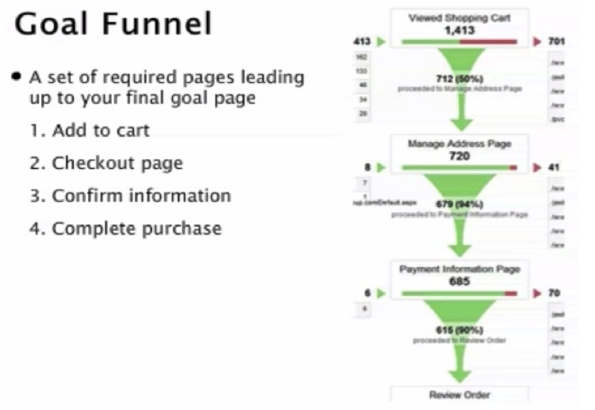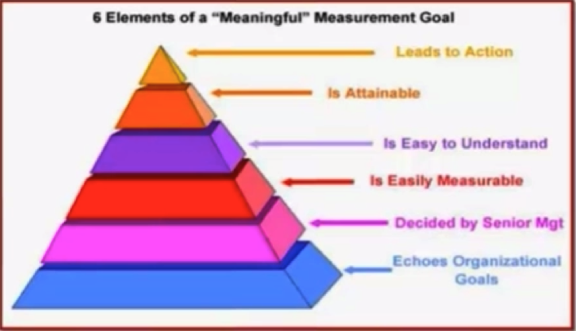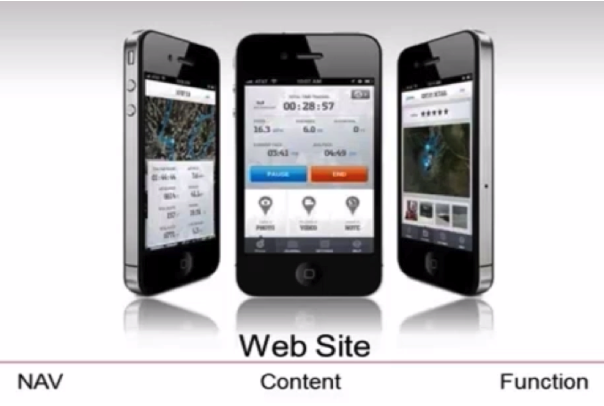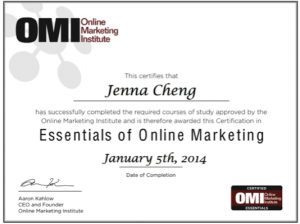What digital marketing skills do you want to acquire in 2014? Over the past few weeks, I embarked on a professional development journey with the Online Marketing Institute (OMI)’s Digital Marketing Essentials Certification. This unique program encompasses 10 self-paced, on-demand courses focusing on key online marketing topics.
Since my experience has mainly been in Social Media and Content Marketing - I found the Web Analytics, Email Marketing, Search Engine Optimization, Search Engine Marketing (PPC), Landing Page and Conversion, Affiliate Marketing, Website Usability and Mobile Marketing courses particularly helpful. The expert-led marketing frameworks, case studies and actionable recommendations made learning the concepts both interesting and easy to digest.
Below are key learnings from my 4 favorite courses:
1. Web Analytics: This analytics course provides the foundation for measuring and reporting on your digital marketing initiatives. It is taught by Thom Craver, Senior Technical SEO Manager at TopRank Online Marketing. While there are many interpretations of web analytics, Thom agrees with Capilano University’s definition the most: “The study of website performance metrics to understand whether business objectives are being met.” To that end, the graphic below demonstrates how to track pages that lead to a final goal:
In order to demonstrate marketing ROI, it is essential to identify clear goals and leverage tools such as Google Analytics to track results. This course presents the origins of analytics data and descriptions of key technical terms. It also covers tips on how to analyze visitor behavior, track links with Google URL builder and set up a goal funnel for your website. In essence, it answers questions such as: What performance metrics can be measured? How can you track visitors, content and events? How can you interpret data to increase conversion rate? By understanding these concepts, you can demonstrate the value and improve upon your digital marketing efforts.
2. Email Marketing: In this course, Karen Talavera, founder of Synchronicity Marketing, introduces helpful tips for email marketing strategy development. As shown below, email marketing is the strategic nexus connecting offline and online marketing channels. Email powers social media alerts and website activity, leading to faster channel migration, streamlined operations and accelerated customer service.
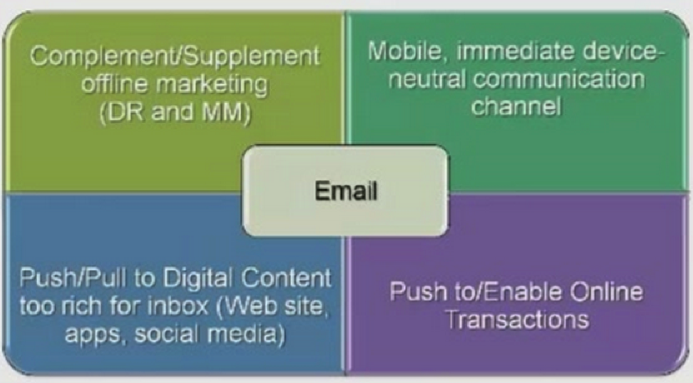
In order to develop an email marketing strategy, you need to consider four main components: objectives, acquisition, retention and triggers. Based on marketing objectives, email can be leveraged for branding, lead generation, conversion, communication, retention and reward. Important questions to ask include: What triggers the buying process? How does your buying process work? What encourages and discourages sales? By understanding these processes, you can develop effective email campaigns that achieve your marketing objectives and fit your customer’s lifestyle stage.
3. Search Engine Marketing (PPC): This course is taught by Jamie Smith, CEO of Engine Ready, a search engine marketing agency. He illustrates the business case for Paid Search or Pay-per-click (PPC), demonstrably the most effective spend for marketing budgets. PPC is a type of pull marketing that efficiently generates AIDA (Awareness, Interest, Desire, Action). To maximize PPC results, it is important to set meaningful measurement goals as shown below.
Here are three questions to consider when planning your PPC campaigns: What are your website priorities? Which key performance indicators are appropriate? How can you measure, improve and realign paid search campaigns? Successful PPC campaigns utilize the VCCC approach, which stands for Visibility, Creative, Continuity and Conversion. This refers to keyword visibility, display creative, PPC continuity and conversion rate. Tips for landing page optimization include marketing with TRUST, offer clarity, readability of copy and landing page engagement.
4. Mobile Marketing: This course is taught by Dave Weineke, who leads the digital business practice at ISITE Design. He discusses how people use mobile and PC differently. For example, while websites lead with navigation, content and function; mobile starts with function, content and navigation. Effective mobile marketers think like a tool maker rather than a publisher, as utility is very important to mobile users. It is essential to understand these user behaviors in order to develop an integrated customer experience and drive mobile marketing results.
In addition, Dave illustrates how the three mobile audience mindsets represent different opportunities: Urgent Now (most location driven), Bored Now (best ad opportunity) and Repetitive Now (best relationship opportunity). This courses address key questions such as: What behaviors characterize each mobile audience mindset? How can you tailor design and content for mobile audiences? According to Gartner, mobile app sales are expected to reach $150 billion by 2014. How will you adapt your marketing processes and products to capitalize on this trend?
In conclusion, I found the Digital Marketing Essentials program very enlightening as it broadened my knowledge of online marketing topics. Furthermore, I connected with several industry experts who delivered the courses and continue to follow them on Twitter.
Regarding the learning experience, OMI’s flexible, on-demand format allowed me to take courses at my own pace and review content when needed. In addition, the final exam reinforced my understanding of key concepts from each course topic. I look forward to applying these newfound analytical skills to future digital marketing projects!
What are your professional development goals for the New Year? As indicated in The State of Digital Marketing Talent study, the most coveted skills with largest talent gaps in 2014 are Analytics (37%) and Mobile Marketing (29%). These are followed by Content Marketing (27%), Social Media (27%), Email (27%), Marketing Automation (24%), SEO (19%) and Digital Advertising (12%). I challenge you to reflect on your career goals, identify professional skill gaps and acquire new marketing skills in 2014.
Learn the essential skills you need to understand the fundamental elements of digital marketing today.
Sign up for OMI Digital Marketing Essentials Certification today and discover foundational digital marketing best practices and strategies needed to succeed in today’s fast-changing digital world.
